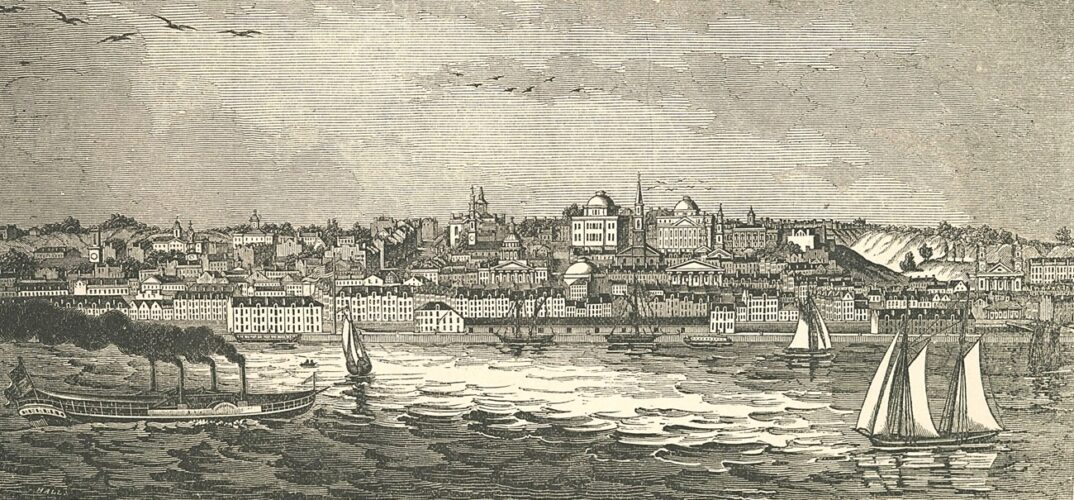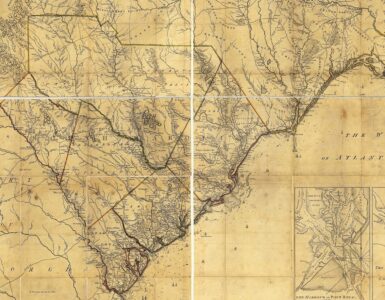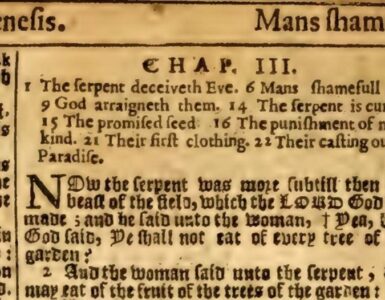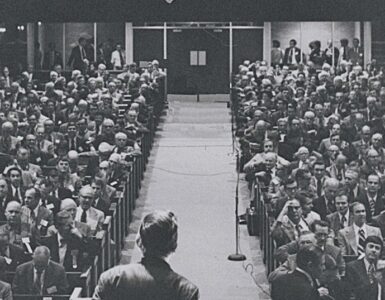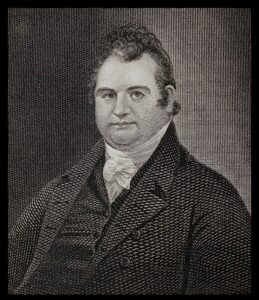 John was born on August 17, 1785, in Wethersfield, Connecticut, the eldest child of Hon. John Chester and his wife Elizabeth (Huntington) Chester. He was baptized four days later by John Marsh, the pastor of the Congregational Church. Elizabeth was the daughter of General Jabez Huntington of Norwich. His father was a judge in the Hartford County Court, served in other Connecticut government positions, and was a member of the state convention that ratified the United States Constitution. Young John was a good-natured boy but he found that studying interfered with his passion for sports. He was taught at home until he entered the school mastered by Azel Backus of the Bethlehem Congregational Church. Despite athletic interruptions, he was able to learn enough to be admitted to Yale College in 1800 at the age of fifteen. His father was a Yale man too. John was a likable and endearing collegian, but his study habits continued to be ad hoc. John Chester graduated Yale on schedule in 1804 along with future South Carolina politician and vice president, John C. Calhoun.
John was born on August 17, 1785, in Wethersfield, Connecticut, the eldest child of Hon. John Chester and his wife Elizabeth (Huntington) Chester. He was baptized four days later by John Marsh, the pastor of the Congregational Church. Elizabeth was the daughter of General Jabez Huntington of Norwich. His father was a judge in the Hartford County Court, served in other Connecticut government positions, and was a member of the state convention that ratified the United States Constitution. Young John was a good-natured boy but he found that studying interfered with his passion for sports. He was taught at home until he entered the school mastered by Azel Backus of the Bethlehem Congregational Church. Despite athletic interruptions, he was able to learn enough to be admitted to Yale College in 1800 at the age of fifteen. His father was a Yale man too. John was a likable and endearing collegian, but his study habits continued to be ad hoc. John Chester graduated Yale on schedule in 1804 along with future South Carolina politician and vice president, John C. Calhoun.
He soon realized and regreted squandering the wonderful academic opportunities available at Yale and resolved to improve his use of time, pursue additional studies, and follow his desire to become a minister. While making a living teaching school in Hatfield, Massachusetts, he started theological studies under the direction of the pastor of the local Congregational Church, Joseph Lyman. Lyman would pastor the church for 56 years and be vice president, then president of the American Board of Commissioners for Foreign Missions. It was a wonderful opportunity for Chester to study divinity with Lyman. In 1807 he was licensed to preach by the Congregational Association of Hartford County, Connecticut. After a brief tenure supplying pulpits at Marblehead and Springfield, Massachusetts, he accepted a call to pastor the Presbyterian Church in Hudson, New York, and was installed November 21, 1810. The church had been without a pastor for some time before Chester arrived and the congregation had dwindled to a mere handful, but it was hoped an installed pastor would bring stability and new members. One aspect of Chester’s ministry was a program of visitation. He was often seen walking around town with a basket of necessities to help needy families he visited. Even though he remained in Hudson for just five years, his ministry built up the congregation with consistent worship leadership as well as new members. He also was editor and often a contributor to the Columbian Magazine, a periodical published in Hudson. The next call he received would also be in New York.
First Presbyterian Church was established about 1760 in Albany. The city was for well over a century purely Dutch with Reformed Dutch worship, but by 1815 the city was growing with many of the new residents Presbyterian. During the ministry of William Neill some members of First Church left to join others in establishing Second Presbyterian Church. Chester was installed by the Presbytery of Albany on November 3, 1815. Some of his strengths as a minister included visiting the poor and those suffering the loss of loved ones. He was particularly gifted for one-on-one ministry and both consoling the bereaved as well as counseling the troubled. He was enthusiastic about education and served on the board of Princeton Seminary and locally he was a trustee of the Albany Academy and the Albany Female Academy. He preached on Sundays with a full manuscript and for times of teaching during the week, he normally used brief notes.
The work in Albany came to wear on him sufficiently that in 1827 it was obvious he was ill. An extended trip to White Sulphur Springs in Virginia was hoped to bring relief, but he continued to weaken. At the end of the worship service that would be his last, he asked the congregation to join him singing “Jesus, lover of my soul,” then he addressed the flock for a few moments. After pronouncing the benediction, he asked the men of the church to remain for a few minutes so he could read a brief letter explaining that he was too weak to continue ministry and asked to resign. Instead of accepting the resignation he was given a leave of absence which he planned to use for a trip to Europe. While in Philadelphia visiting his in-laws and waiting to board ship with Rebecca for Europe, he died January 12, 1829 at the age of 43. His memorial sermon was delivered by Rev. Edward N. Kirk. On the morning of the Sabbath immediately after his death a memorial sermon was delivered by the Rev. A. T. Hopkins, then the following Sabbath, Eliphalett Nott, President of Union College and a close friend of Chester led worship and delivered a eulogy. He is buried in Albany Rural Cemetery, Menands, New York. He was survived by his wife of eleven years, Rebecca Ralston, and five daughters. He had been honored by Union College with the Doctor of Divinity in 1821 and in 1823 he was moderator of the General Assembly meeting at Seventh Church in Philadelphia. William B. Sprague became pastor of Second Church a few months after Chester’s death and said of Chester that his,
congregation all seemed to have looked up to him, not merely as a pastor, but as an affectionate friend, to whom it was their privilege to confide everything. He was a minister who was as adept at ministering to the poorest of town as well as the wealthiest.
Barry Waugh
Notes—For a bibliography including free downloads of his works see “John Chester (1785-1829)” on the Log College Press website. Biographical information is from Sprague’s Annals of the American Pulpit, 4:101ff; and in Biographical Sketches of the Graduates of Yale College with Annals of the College History, vol. 5, June, 1792—September, 1805, pages 638-40; for his father it is the same title but vol. 3, for the dates May 1763—July 1778, 177-179. Information about Rev. John Marsh is from, “John Marsh sermons, 1774-1776,” on the Congregational Library & Archives, History Matters website. Official Documents of the Presbytery of Albany, Exhibiting the Trials of the Rev. John Chester & Mr. Mark Tucker: Together with the Whole Case of the Rev. Hooper Cumming. Published by Order of the Presbytery, in Conformity to a Resolution of the Synod of Albany, Schenectady: Henry Stevens & Co., 1818.


